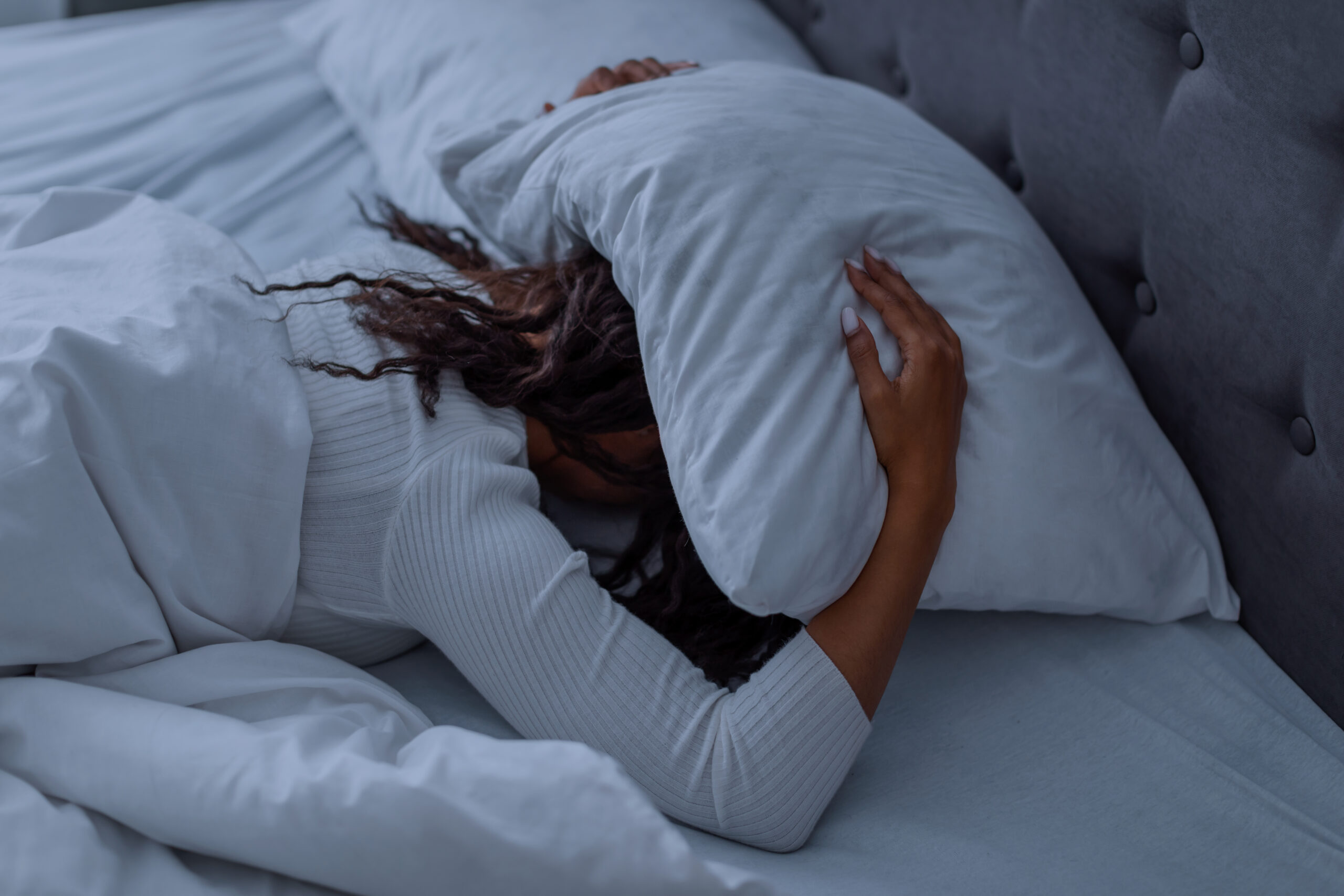I don’t know about you, but there are nights when I crawl into bed, exhausted—body aching, eyes heavy—and still, sleep doesn’t come easy.
And it’s not just me.
So many of us are walking around tired. We’re wired but tired, and it’s become the new normal. We wake up groggy, struggle through the day with coffee or energy drinks, then lie awake again at night wondering, Why can’t I just sleep?
Let’s talk about it—heart to heart—because if you’re tired of being tired, this might be the conversation you’ve been needing.
The Real Struggle Behind Our Sleepless Nights
Before we go into science or tips or strategies, I want to name the real stuff—the things we’re often too busy or too polite to say out loud.
For many of us, rest feels unsafe.
I don’t mean physically unsafe, although that can be true for some. I mean emotionally. Spiritually. Resting feels like letting our guard down—and we’ve been in survival mode for so long, we don’t even know how to do that anymore.
Maybe you’ve been:
- The strong one for everyone else
- Carrying more than your fair share of responsibilities
- Overthinking everything at 2 a.m.
- Pushing yourself to prove your worth
And so when your head finally hits the pillow, your brain says, Oh good, we’re alone now—let me remind you of everything you didn’t do today.
Sound familiar?
Sleep isn’t just about being tired. It’s about whether or not your nervous system believes you’re allowed to stop.
What Science Says About Sleep (And Why It’s So Hard)
Now let’s get into the science behind why sleep can feel like a battle.
Your body has something called a circadian rhythm, which is like an internal clock that tells you when to wake up and when to sleep. This rhythm is largely regulated by light, especially sunlight. But what happens when we spend all day indoors, stare at screens all evening, and keep our phones by our beds?
That internal clock? It gets confused.
Here are a few reasons scientists say we struggle with sleep:
- Too much screen time, especially at night, messes with melatonin (your sleep hormone)
- Stress hormones like cortisol stay elevated when we don’t feel emotionally safe or regulated
- Poor sleep hygiene—things like caffeine late in the day, irregular sleep times, or using the bed for work—can keep your brain too active
- Underlying anxiety or trauma can cause the body to stay on high alert, even when it’s time to rest
According to the CDC, 1 in 3 adults doesn’t get enough sleep. And poor sleep is linked to heart disease, obesity, depression, and even cognitive decline.
But here’s what really got me: sleep issues are often symptoms, not the root cause.
So what’s really underneath the tossing and turning?
When Sleep Avoids Us Because We Can’t Turn Off
One of the most exhausting parts of being human is the constant noise—not just outside of us, but inside of us too.
The inner dialogue.
The mental to-do lists.
The replays of conversations that didn’t go well.
The fear that if we stop moving, stop doing, stop trying…everything might fall apart.
This is something I’ve had to unlearn. I used to think sleep was something I could earn after being productive enough. But now I’m learning that rest is a right—not a reward.
Still, that doesn’t make it easy.
Here are a few common thought patterns that keep us awake:
- “I should’ve handled that better.”
- “What if tomorrow doesn’t go well?”
- “There’s just too much to do. I can’t afford to sleep yet.”
- “If I let myself rest, will anyone else show up for me?”
It’s no wonder sleep avoids us. Our thoughts are too loud. Our hearts are too heavy. And our nervous systems don’t know how to exhale.
The Emotional Weight We Carry Into Bed
Here’s something I wish more people would say out loud:
You can’t cry yourself to sleep if you won’t let yourself cry at all.
So many of us are carrying around grief, disappointment, fear, or unspoken pain—and we think we can just leave all that at the bedroom door.
But the body remembers.
The body doesn’t clock out just because it’s bedtime.
And when we’ve spent all day holding it together, our body often waits until we’re alone and quiet to finally say, Can I feel this now?
That’s when the memories come rushing in. That’s when we start to feel the weight of everything we’ve been suppressing. And suddenly, sleep is no longer a matter of closing your eyes—it’s about being willing to feel.
Rest and emotional healing go hand in hand. If you’ve been trying everything—melatonin, meditation, sleep podcasts—but still can’t find rest, maybe it’s not about your routine… maybe it’s about what your soul needs to release.
What Can Actually Help Us Sleep
Okay, friend. Let’s talk about what actually helps—not the quick fixes or trends, but the deeper healing steps.
Here are a few things I’ve seen make a real difference:
1.
Create a safety ritual, not just a bedtime routine
It’s not enough to dim the lights and brush your teeth. Your nervous system needs to feel safe. That might look like:
- Praying or journaling to release your day to God
- Listening to calming worship or instrumental music
- Saying something kind to yourself in the mirror
- Turning off your phone 30–60 minutes before sleep
2.
Speak to your fear with truth
If fear or anxiety shows up at bedtime, try this:
- Acknowledge the fear (“I hear you, and I know why you’re here.”)
- Replace it with truth (“But I am not alone. God is my rest. I am safe now.”)
3.
Let yourself grieve
Sometimes we don’t need advice—we just need permission. Cry if you need to. Write it out. Sit with God in the quiet and let yourself feel.
4.
Get sunlight and movement during the day
Your sleep starts during the day. Try to:
- Step outside in the morning light
- Move your body—even a gentle walk helps
- Eat nourishing food that supports your hormones
It’s the small choices that send your body the message: You’re safe now. You can rest.
Sleep Is a Spiritual Invitation
There’s a reason God said, “Come to me, all who are weary and burdened, and I will give you rest.” (Matthew 11:28)
Sleep isn’t just a biological process. It’s a spiritual one.
It’s trusting that while we sleep, God still moves.
It’s surrendering what we can’t control.
It’s saying, “I don’t have to hold the world together tonight, because I know who does.”
When sleep won’t come, maybe what our soul really needs is not more striving, but more surrender. More stillness. More God.
Because true rest comes from knowing we’re held, even when our eyes are closed.
Gentle Next Steps
If any of this resonated with you—if your heart whispered “yes” while you were reading—then maybe this is your moment to make a gentle shift.
You don’t have to figure this all out on your own.
💜 You can join The Purple Room, where you’ll feel seen, heard, and valued while connecting with others who are on a similar journey. It’s a safe space for the heart, and you’re more than welcome there.
Whenever you’re ready, rest is waiting for you.
And so is healing.
You don’t have to stay tired forever.💜


